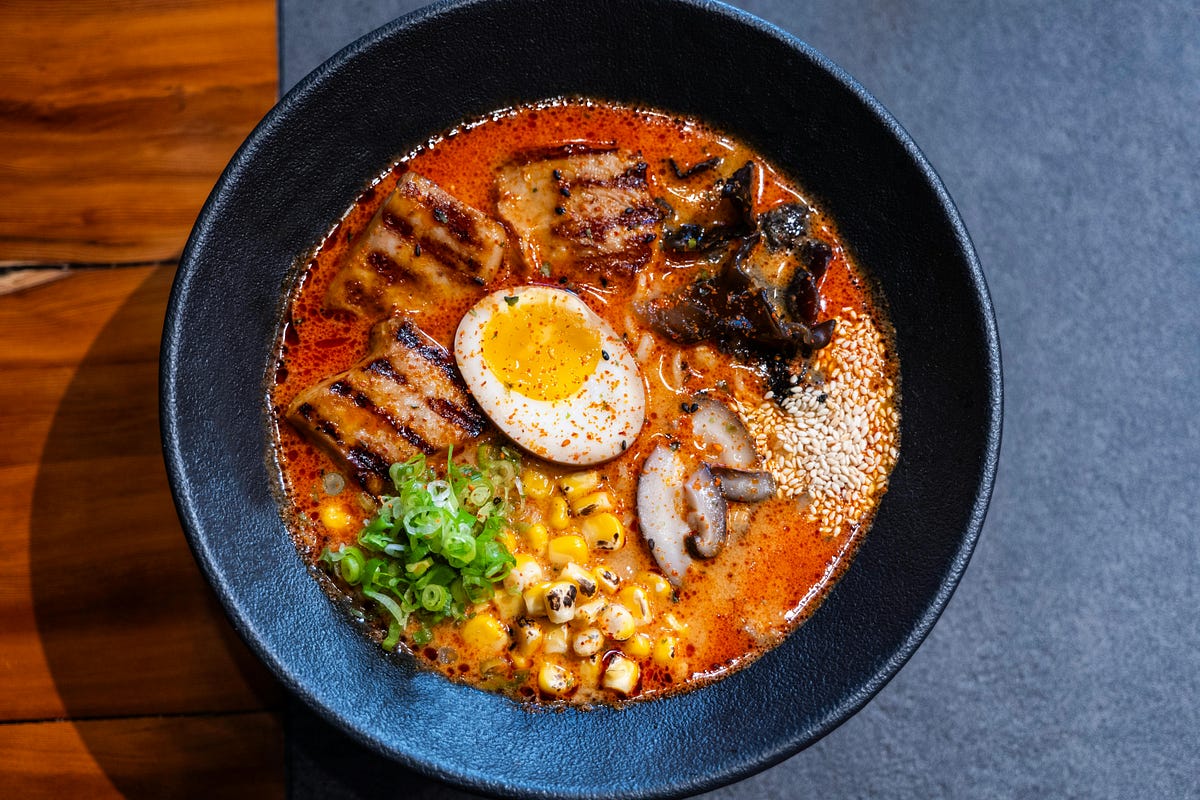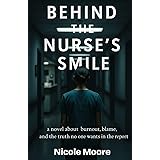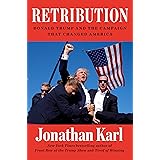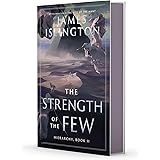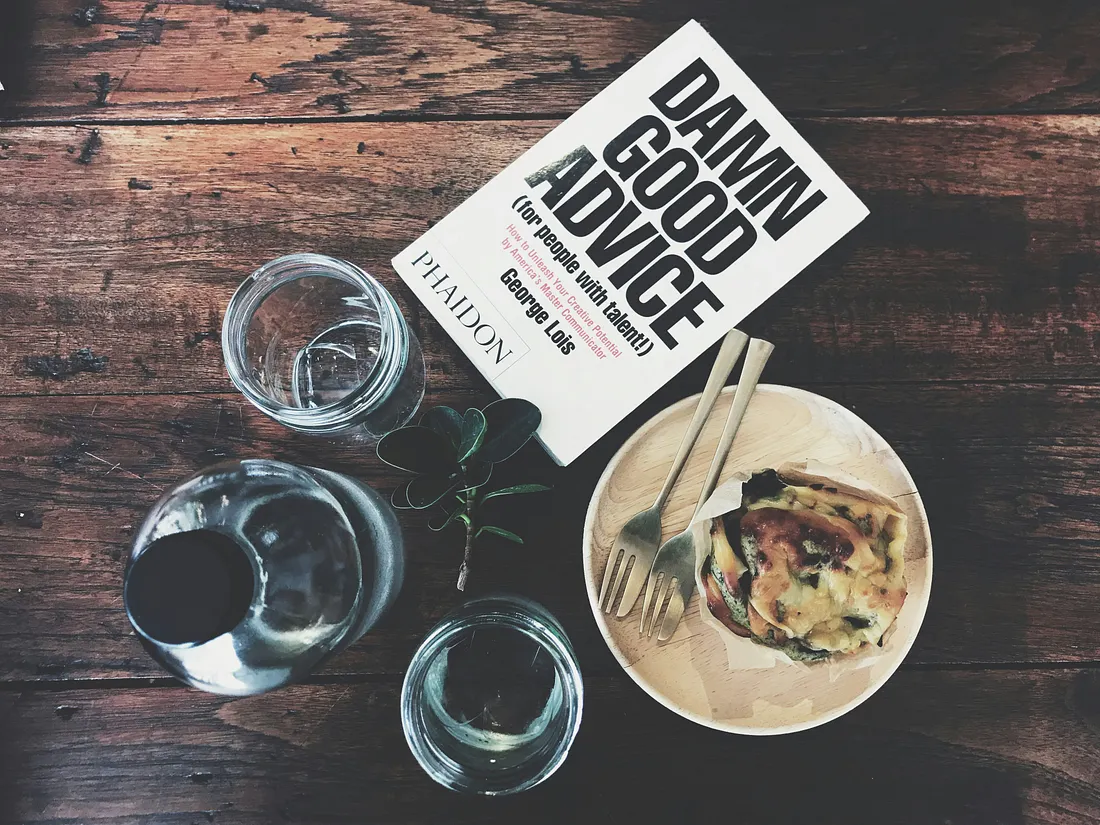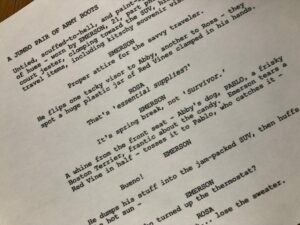The Surprising Link Between Perfecting Ramen and Mastering Writing Skills Revealed
Have you ever wondered why your writing sometimes ends up feeling like a messy fridge raid instead of a carefully crafted meal? Imagine your words as ingredients—would you toss them all in at once and call it dinner, or would you slow-cook each flavor to perfection? Just like a bowl of rich, soul-warming ramen, writing demands more than just quick fixes and random additions. It’s about layering intention, balancing flavors, and serving something you’re truly proud of. Let’s explore how to treat your writing like that unforgettable dish everyone remembers long after the meal is over.
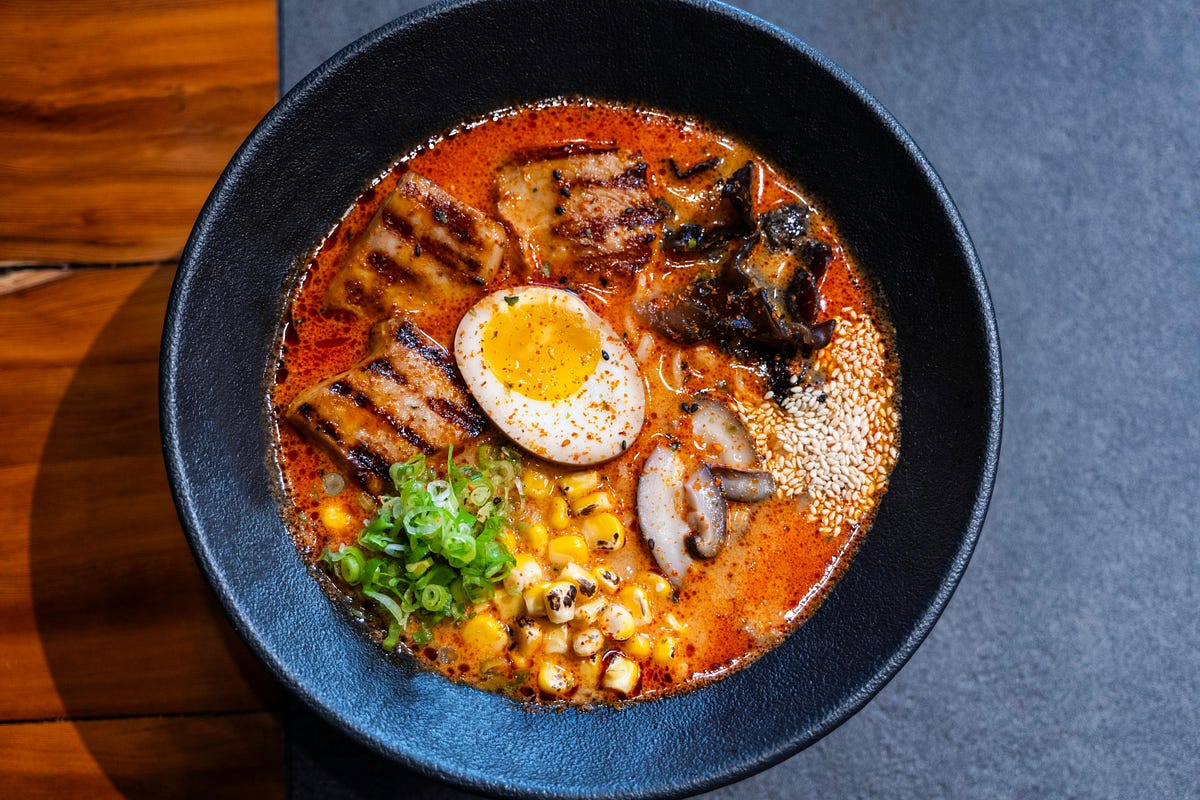
Treat your writing like a dish you’re proud to serve.
If we look closely at our favorite dish, we’ll realize it didn’t just magically appear on the plate. It went through a long, intentional process, selecting ingredients, balancing flavors, and layering textures, until it was ready to serve.
Writing is a lot like cooking. You can’t just toss everything from the fridge into a pot, boil it, and expect a good meal.
Take ramen, for example, one of my favorites. At first, it looks simple. In instant versions, we’re used to thinking ramen is a three-minute meal. But real ramen is never that simple. Behind the bowl is an intricate craft.
A proper ramen has five essential components like broth, noodles, seasoning sauce, toppings, and aroma oil. Each part is prepared separately, then combined to create a rich, satisfying flavor.
Writing, for me, works the same way. Let’s cook our writing the same way we cook a good meal.
Shop raw ingredients
A good bowl of ramen always begins with the broth.
A great broth is full-bodied and rich, offering deep flavor from the first sip without feeling greasy or heavy. The noodles should complement the broth perfectly. Thin noodles are suitable for lighter broths, thicker ones for richer, heartier soups.
A chef also prepares seasoning sauce and aroma oil to enhance the flavor. However, the sauce should enhance the broth subtly without overpowering the other elements.
In writing, the broth is like your core message you want to convey.
From there, you decide how to serve it using the raw materials you have. It can be your past experiences, random insights you’ve picked up, or inspiration drawn from a favorite movie.
But this is where it gets tricky. Often, we have so much stored in our brain pantry. So, we’re tempted to throw everything into the pot at once.
When that happens, the writing can lose direction and end up feeling more like a diary, unfiltered, overflowing, and lacking the intentional balance that makes it meaningful.
